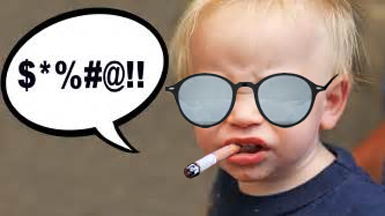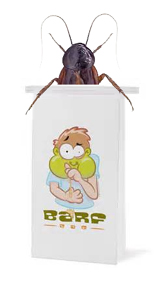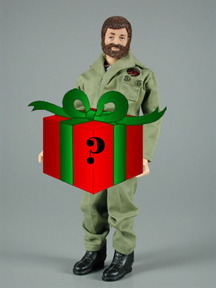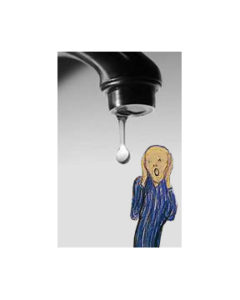My five-year-old son just said the F word.
First off, it was written in chalk on the sidewalk, so kudos to him for sounding it out. He and I read books together every night and work on that skill, so part of me felt proud to see my boy shine. Except we were around other kids at his grade school playground. One of the older kids had written the word in question on the cement using ten-inch letters and bright pink chalk. My son saw it before I did and went to work.
“Fuh…uh…kuh. Fuh-uh-k.”
And then I hear the F bomb.
Thankfully, I’ve been a parent for eight years, an uncle for even longer, so I knew not to freak out. Timothy Jay, author of What To Do When Your Kids Talk Dirty says to “Be cool…if you flash a look of horror, or laugh, that word rises in power and becomes exciting to say…but if you don’t respond positively or negatively, it dissolves into just another word.” (Link to Article)
Easier said than done around my five-year-old.
Right after he says, “#uck,” he says it again, but louder. “F*@$!”
“I’m gonna go ahead and stop you there, son,” I say in a calm voice. “Great job being a reader. You handled an uncommon vowel and the challenging ‘c-k’ combination nicely. Only that’s not a word you’re actually allowed to say.”
“Why not?”
Great question, kid, one that first Lenny Bruce (Link to DH Movie Scene) and then more famously George Carlin (Link to ‘7 Dirty Words’) asked comedy audiences years ago. Why can’t we say certain words aloud? Why are they so awful over all the others?
“These words have no power,” says Carlin. “We give them this power by refusing to be free and easy with them…It’s the thrust of the sentence that makes them either good or bad.”
I’m gonna go ahead and stop you there, George.
There’s no way my five-year-old gets to go free and easy with the f word. I don’t even get to do that anymore. Parents who curse freely find out rather quickly that children are sponges that sop up every #$%@ thing you say. But even if they grow up in a curse-free household, there’s always gonna be some punk with pink sidewalk chalk willing to teach my kids those bad words.
“That’s what they told us they were, remember?” asks Carlin. “‘That’s a bad word!’ No bad words, bad thoughts, bad intentions, and words.”
It’s the bad thoughts and intentions our society places behind the f word that are difficult to explain to my children. They’re too young to know exactly why so many folks consider that word offensive.
Author Jay makes a suggestion:
“You can say, ‘Oh that’s an interesting word. Do you know what it means?’ Then, particularly with ‘potty words’, you can take the mystery out of them with science. For instance: “Yes, that’s a word for penis — would you like to see a diagram of the human body?”
Good call for the d word.
Only, I’m not quite ready to go to the body diagrams for the f word just yet. My kids are five- and eight-years-old. All they need to know about sex is it’s something adults do to make babies. So far, it sounds gross to them, and I’d like to keep it that way for a few more years. So what do I tell my son who wants to know why he can’t swear?
Author Jay makes two final suggestions:
- Distinguish swears vs. slurs – appropriately punish and restrict sexist or racist words that hurt.
- Give them space to use swear words in an appropriate setting.
My wife and I tell our children that if they want to swear, never slur, they have to do it when they’re alone. And if my son still asks why he can’t say dirty words whenever he wants, I’ll just tell him what Mr. Carlin once said:
“Those are the ones that’ll infect your soul, curve your spine, and keep the country from winning the war.”
And then I’ll show him diagrams of the human body until he gets bored.
- Mike Lukas
PLEASE click below \/ to SHARE on Facebook, Twitter, Google+, & WordPress!





